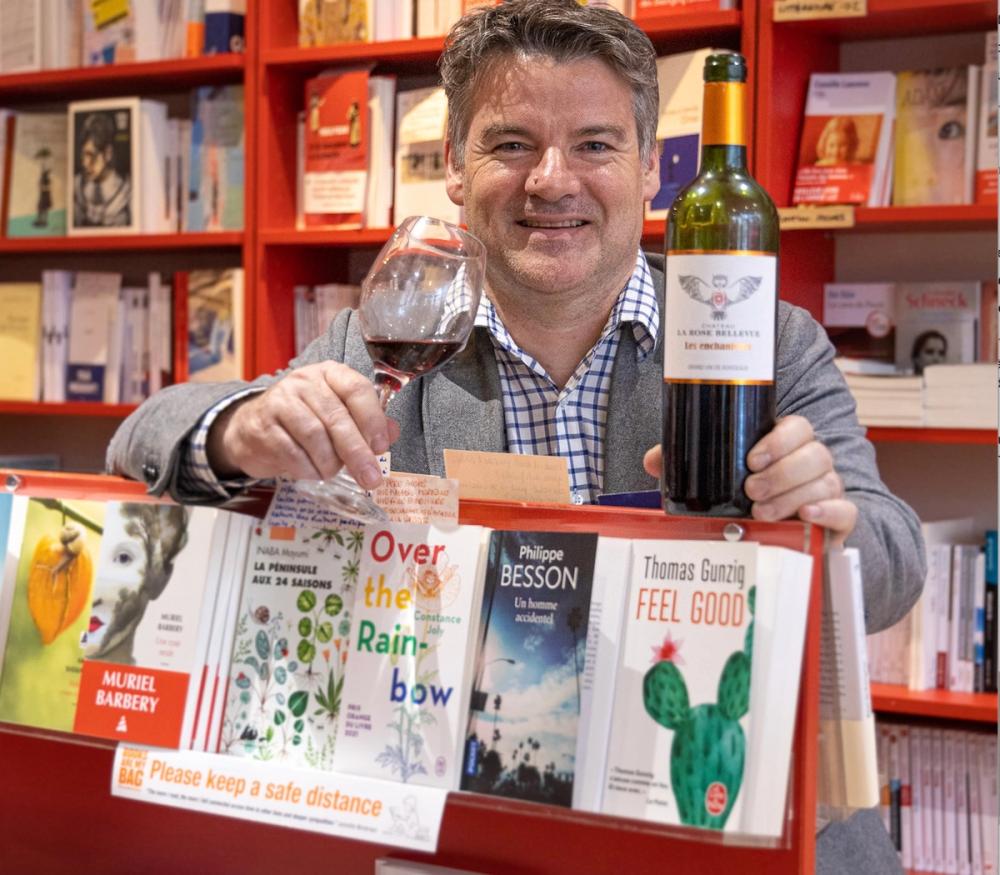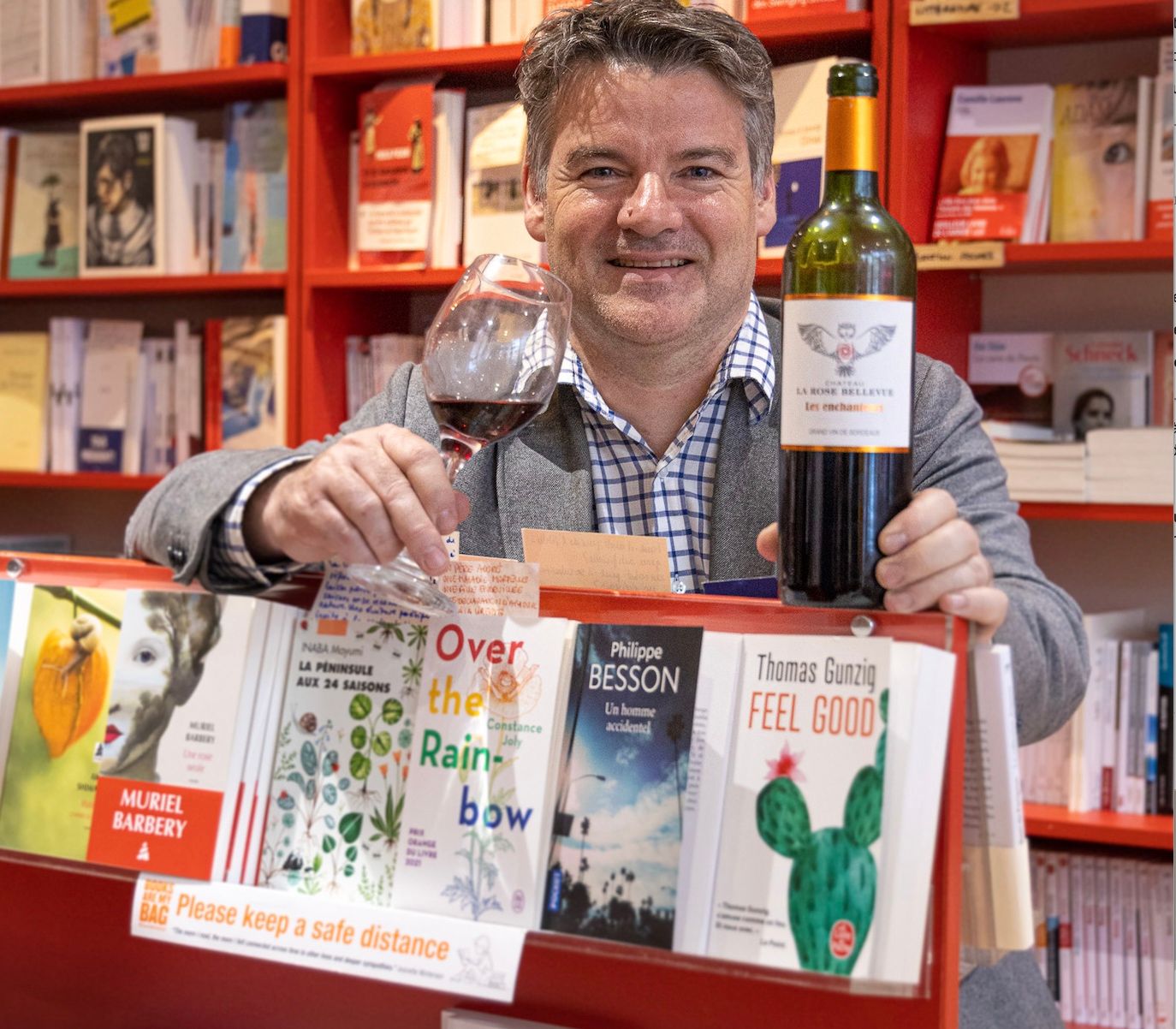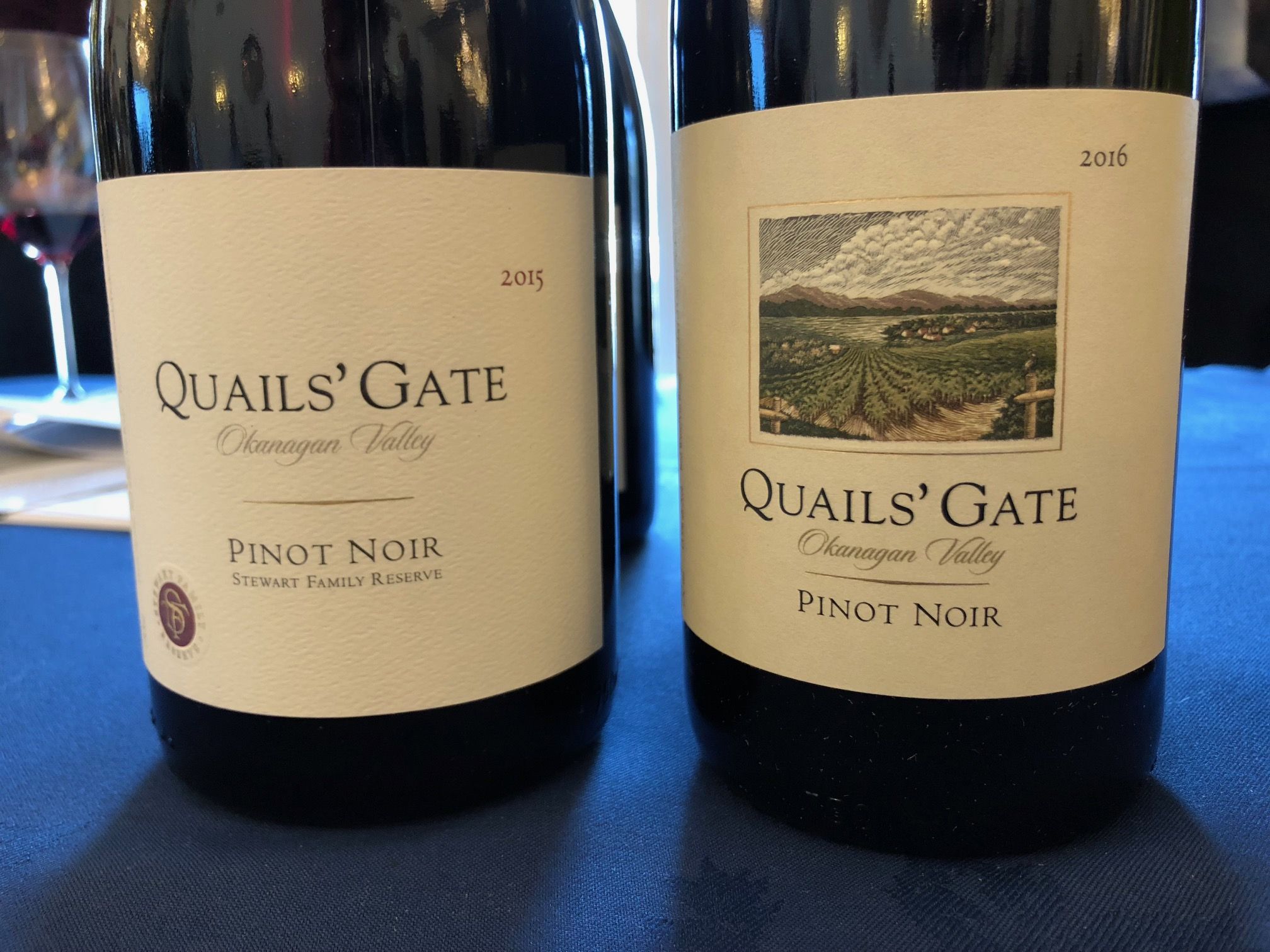The VIN tasting takes place in London on February 2 at the Royal Horticultural Halls between 10am and 5pm. To register and for more details click here.
To help better understand what buyers are looking for from different French wine regions we talk to four leading players:
- Amy Merriman-McGhee,direct shipments, associate director, Charles Taylor Agencies.
- Cécile Lavaud-White, managing director, Les Producteurs & Vignerons de France.
- Thibault Lavergne, founder, Wine Story.
- Daniel Lambert, managing director, Daniel Lambert Wines.
Why do you champion French Wines in particular?

Amy Merriman-McGhee says it is the breadth of quality that makes French wines so important to Charles Taylor Wines.
Amy Merriman-McGhee: French wines are classic and full of character plus there is such breadth in quality, style and price that you can always find the right wine to quench your thirst.
Cécile Lavaud-White: We are one of very few French wine specialist companies in the UK and we cover all the key regions. The diversity of French wines in terms of style and across the different price points is very exciting we are finding that customers are looking for both classic wine appellations and also looking to list lesser known grape varieties and appellations.
Daniel Lambert: France remains the “go to” wine producing country for many UK consumers. Due to its combination of wines across many different price points. With a diversity of styles and regions, both classics and “lesser known” areas. We firmly believe that there are still a multitude of varietals, and regions that are yet to be discovered by UK consumers. French wines are also the UK consumers first choice in the premium and super premium sectors.
Thibault Lavergne: As a French native it is natural, of course, but also no other wine country has the same variety and diversity of style of wines and budget. There is French wines for every taste, cuisine and budget.
What are the hurdles for a producer trying to get into the UK market?
Merriman-McGhee: Brexit has posed a new challenge to producers wanting to import to the UK. Much of the legislation around importing requirements has now been finalised, however producers are still faced with a larger administrative burden compared to before, as well as additional import costs.

Cécile Levaud-White
Lavaud-White: It’s a very mature market that is highly competitive and French wine ranges have been squeezed to make space for the ever-expanding wine regions across the world.
Lambert: Finding the right route to market, lack of knowledge of the UK market, failure to invest in building distribution. Not being prepared to grant exclusivity to your UK agent.
Lavergne: A massive competition between the number of importers and the diversity of the offer in the UK market.
What misconceptions do producers have about the UK market?
Merriman-McGhee: That the UK market is solely French focused, when in reality French wines are in competition with wines of similar style at potentially a lower price point from around the world.
Lavaud-White: They think French wines that are key to the domestic wine market will be as important in the UK, however, we are fortunate that our wine producers work across many export markets and understand that each market is very different.
Lambert: Don’t assume because your wine is from a well-known region, it will automatically sell in large volumes straight away. The UK market has a huge amount of wine choices available to the UK consumer across all channels. You will need to sample extensively, spend time in the UK market, and work with your importer and rely on their market knowledge, to develop sales. This is even more important if your wines are from a lesser-known region.

Wine Story’s Thibault Lavergne
Lavergne: Some of the appellations are not know by the consumers.
Why do you think in person tastings are still relevant in 2023?
Merriman-McGhee: Tastings in person offer the taster the ability to have greater context, try within a range as well as discuss wines with peers. It also offers the opportunity to try wines which you may not necessarily try, or have considered if you were tasting alone.
Lavaud: After the pandemic we have found it’s even more important to get back to in person tastings. Customers are looking to refresh their ranges after a few years where they have not wanted to make big changes and an in-person tasting allows us to open up the conversation to see what works and what doesn’t work for their customers. We find that customers visit our stand at a fair for a specific wine they are looking for and then end up also looking at other wines as its much easier to recommend wines when we understand more about a customers range and their end consumer.

Daniel Lambert now runs his business from France and has set up his family home there
Lambert: In-person tastings are still the best way to directly engage with customers. They are the best way to get the story and qualities of your wine or domaine across. Wine is a tactile product, customers like to physically engage with it, pick it up, read the label, and, of course, taste the wine.
Lavergne: Behind a wine label there is normally someone. Nothing can replace the human factor. If you forget, or don’t care about that, it means you are looking for a brand, or an industrial product which has nothing to do with a natural product like wine.
- To register for the VIN tasting that takes place in London on February 2 at the Royal Horticultural Halls click here.

VIN hopes to offer buyers a one stop shop opportunity to discover gems across France









































